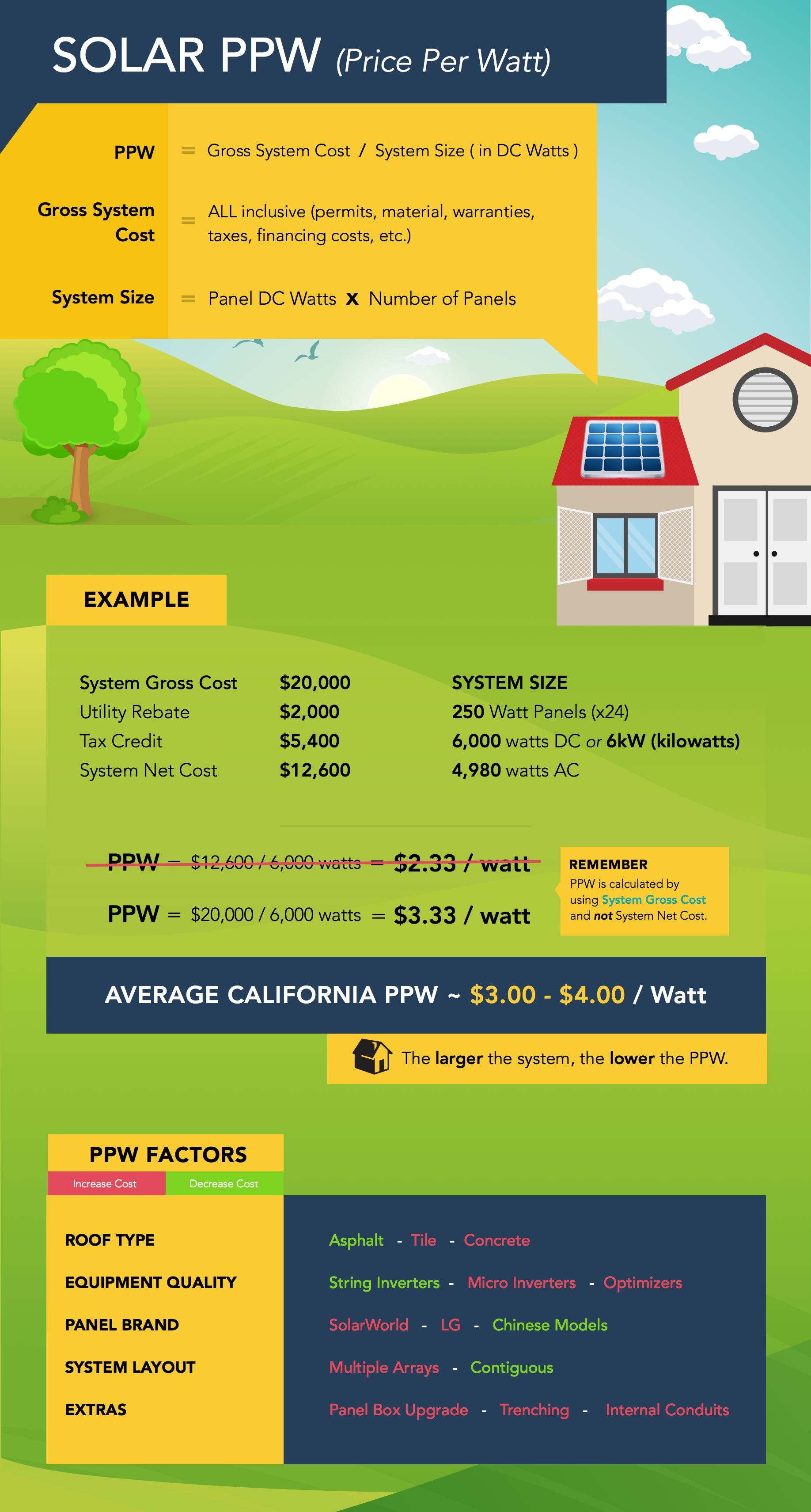
Renewable fuels are energy resources that can be replenished. These include biofuels, hydrogen fuel, and other energy sources that can be replenished. They are distinct from other non-renewable energy sources, such as natural gas, petroleum, LPG, or other fossil fuels. These sources may also include nuclear energy. There are numerous efforts underway to develop the technologies and fuels that renewable energy requires.
Cellulosic biofuels
Cellulosic biomass biofuels are renewable, clean energy sources that are derived from biomass. This source of energy is a great resource that can help the US reach energy independence. The National Renewable Energy Laboratory (NREL), based in Golden, Colorado, has been working on cellulosic ethanol since 1995. It manages the National Bioenergy Center which has been developing cellulosicethanol as an alternative to gasoline.

Biodiesel
Biodiesel can be made from renewable resources. It is a cleaner-burning alternative to petroleum diesel. It is also less polluting than petroleum diesel and biodegradable (as quickly as sugar). It is a good choice for both the environment and the economy. It can be made locally from sustainably-grown crops. Some projects turn kitchen waste into biodiesel.
Bioethanol
Bioethanol is a renewable fuel made from fermenting sugars under the influence of oxygen. The process is carried out by yeasts, which are facultative anaerobes that live in sugar-rich environments. You can obtain yeasts for bioethanol production from culture collections or from their natural environments. Natural yeasts are better for bioethanol production because they are more efficient at converting sugars into ethanol.
Biomethane
While the biomethane renewable fuel industry is relatively small, there is significant potential for growth. Additionally, it can be used with existing infrastructure. The growth of the biomethane industry depends on policies aimed at decarbonising the gas supply.
Bio-diesel
Bio-diesel, an alternative fuel made from renewable resources, is a form of alternative fuel. It is a preferred fuel for the U.S. government and used in both the manufacturing and construction industry. This renewable fuel will experience significant growth as diesel-powered vehicles become less popular. Diesel-powered vehicles currently account for 1% in passenger vehicle sales in America.

Bio-ethanol
Ethanol can be made by fermenting carbon-based feedstocks. These feedstocks can be considered renewable as they are able to use sunlight for energy and return the land all the nutrients they used for growth. These feedstocks include sugar beets (sugar cane), bagasse and sugar beets as well as cellulose sludges.